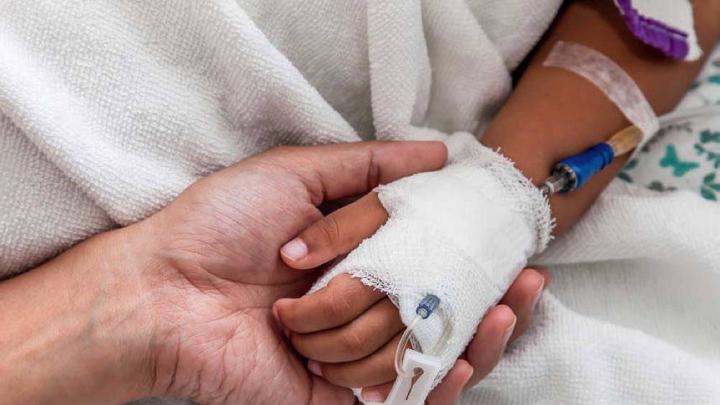How do parents and their children cope when a child suffers a medical condition requiring extended hospitalization and treatment? Alongside the fears and logistical challenges they face, parents must learn about “the new world you have unexpectedly entered, and it can feel absolutely crushing.” So observes Joanna Breyer, Ed.M. ’75, Ph.D. ’83, who has worked as a psychologist at Children’s Hospital Boston for 25 years, and in outpatient clinics at Dana-Farber Cancer Institute, distilling what she has learned in When Your Child Is Sick: A Guide to Navigating the Practical and Emotional Challenges of Caring for a Child Who Is Very Ill (TarcherPerigee, $16 paper). She proves to be the expert friend and advocate everyone needs: informative, steady, sympathetic, and—if treatment fails—unflinching at the prospect of loss. From the introduction, and then one of the book’s embedded examples—a productively distracting story:
I often marveled at the parents’ strength as their child’s treatments progressed and at the children’s resilience as they flourished, despite their illness. I learned how different children are and that what helps one child might not help another. I appreciated the younger children who sometimes protested loudest at what they were expected to endure, and I worked with their parents to discover which simple tools and interventions could transform their understandable outrage and opposition into cooperation, mastery, and pride. I came to admire the adolescents whose lives were so dramatically upset by their illness and treatments and wondered at the range of their responses. I also came to respect the strength and courage of parents.
* * *
The mother of a highly imaginative six-year-old boy named Willie who, she remembered, “fought every medical procedure tooth and nail” became expert at using interactive storytelling with her son during his spinal taps. She began a story and asked Willie questions as the story progressed. One story I remember her telling was how Willie had just learned to jump into the swimming pool holding his legs so he made a cannonball (the position in which he was now curled up…). She wondered if Willie could see himself running to the side of the pool. Willie nodded. “Are you ready to take the big jump?” “Yes.” “I hope you remember to hold your nose as well as your knees as you jump way, way up into the air. And now what’s happening?” “I made a giant, huge, enormous splash [big grin], everybody got wet [bigger grin].” While this was going on, the doctor was numbing the area on his back where the spinal tap would be done and beginning the insertion of the needle, which Willie hardly seemed to notice.








